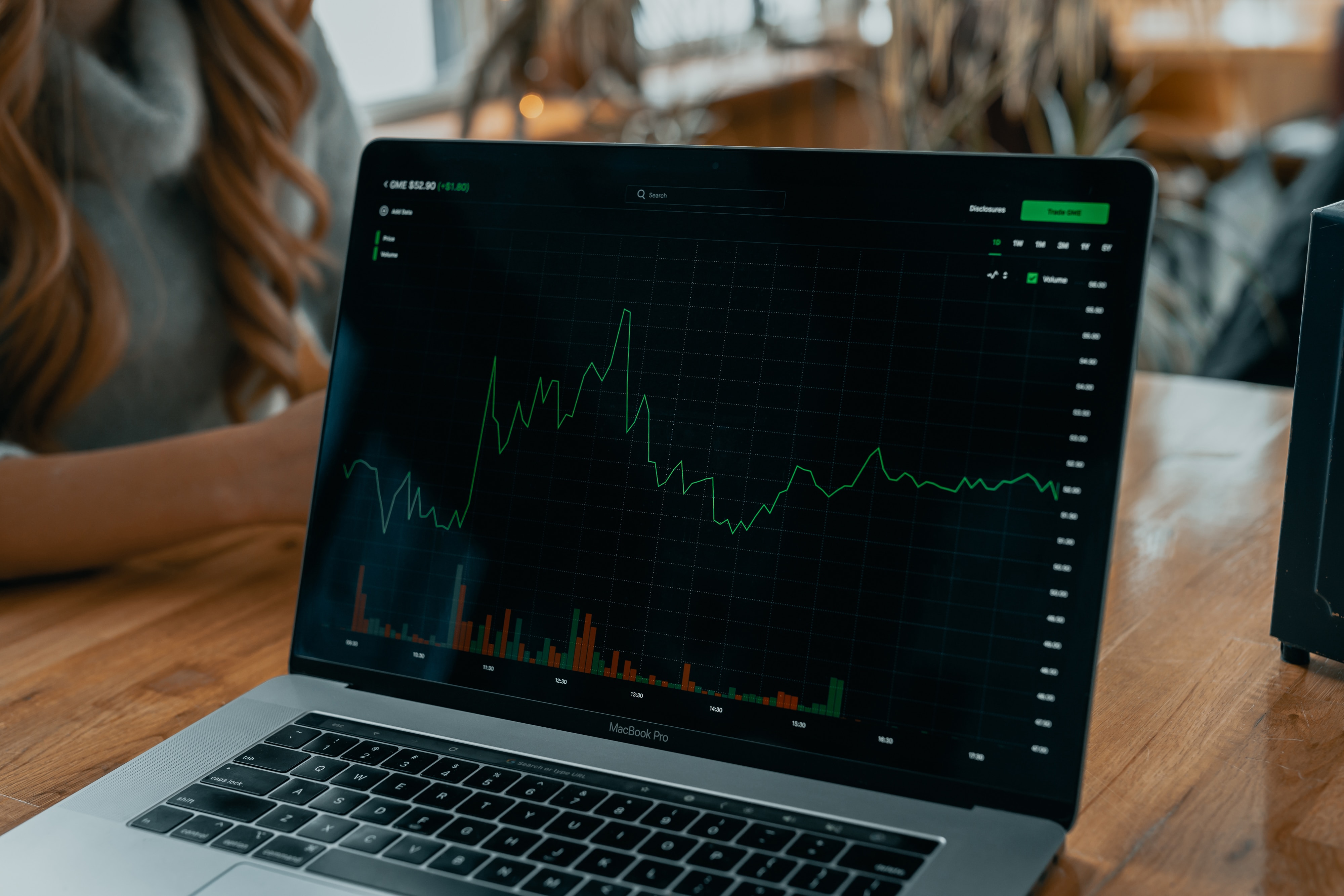The major U.S. stock indexes experienced a down day, with the Nasdaq Composite dropping by 0.56%, the S&P 500 declining by 0.34%, the Dow Jones Industrial Average gaining a marginal 0.03%, and the Russell 2000 sliding by 0.08%. *

source: https://www.investing.com/*

Source: https://www.investing.com/*

Source: https://www.investing.com/*

Source: https://www.investing.com/*
The Nasdaq Composite and the Russell 2000, which had been key performers, faced their fourth worst and third-worst two-day starts to a year, respectively. Analysts point to a potential correction following the robust 2023 rally, considering such corrections as normal. Additionally, uncertainties around Federal Reserve policy and concerns about geopolitical unrest, particularly around the Red Sea, are noted as potential factors influencing the markets.
The market has already priced in an anticipated shift in Fed’s policy towards easing monetary measures. However, analysts note that the central bank has not officially made this decision, leading to some short-term uncertainty and market jitters. The reduced likelihood of a March rate cut, reflected in the CME FedWatch Tool's data (from 87% to 64%), suggests ongoing uncertainty about the timing of the Fed's policy pivot.[1]
Despite the current market volatility, optimistic projections for earnings in 2024 provide some support to the bullish sentiment. Analysts expect S&P 500 companies to report a strong earnings growth of 11.7% for the full year, surpassing the 10-year average annual earnings growth rate of 8.4%.[2] Differing opinions exist regarding the significance of market indicators such as Fed Funds Futures. While some, like BMO Capital Markets Chief Investment Strategist Brian Belski, dismiss the importance of these indicators, others emphasize their value. The ongoing debate reflects a broader trend of macroeconomic and quantitative influences in recent years.
Notable movements in individual stocks and sectors include healthcare and financials leading the Dow, with companies like Merck, Amgen, American Express, JPMorgan Chase, and Visa seeing positive gains. Conversely, Apple faced a downgrade from Piper Sandler, and Chevron saw a decline amid fluctuations in crude oil futures. Overall, sector performance is influenced by a combination of company-specific and macroeconomic factors.
The decline in stocks raises concerns for those who adhere to the January Barometer theory, which suggests that the S&P 500's performance in January correlates with its performance for the rest of the year.[3] Reports indicating a potential slowdown in the overall economy, as seen in job openings and manufacturing data, contribute to the ongoing debate about the pace of economic growth and potential impacts on inflation.
Market participants will be closely monitoring upcoming events, including earnings season, the March Fed meeting, and any developments in geopolitical tensions, to gauge the trajectory of market conditions in the coming weeks and months.
The early days of 2024 have brought about a degree of market uncertainty, influenced by a lack of the Santa Claus Rally, ongoing debates about Federal Reserve policy, and global geopolitical concerns. While bullish earnings projections provide some support, the market is navigating through a complex landscape with varied opinions on key indicators and economic factors. Investors remain vigilant in assessing the evolving situation.
Sources:
https://abcnews.go.com/US/wireStory/stock-market-today-asian-markets-track-wall-streets-106065653
https://finance.yahoo.com/news/why-stocks-are-falling-to-start-the-new-year-164859217.html
https://www.investopedia.com/dow-jones-today-01042024-8422156
* Past performance is no guarantee of future results
[1,2,3] Forward-looking statements are based on assumptions and current expectations, which may be inaccurate, or based on the current economic environment which is subject to change. Such statements are not guaranteeing of future performance. They involve risks and other uncertainties which are difficult to predict. Results could differ materially from those expressed or implied in any forward-looking statements.
 English
English
 Slovak
Slovak
 Czech
Czech
 Hungarian
Hungarian
 Italiano
Italiano
 Polish
Polish





